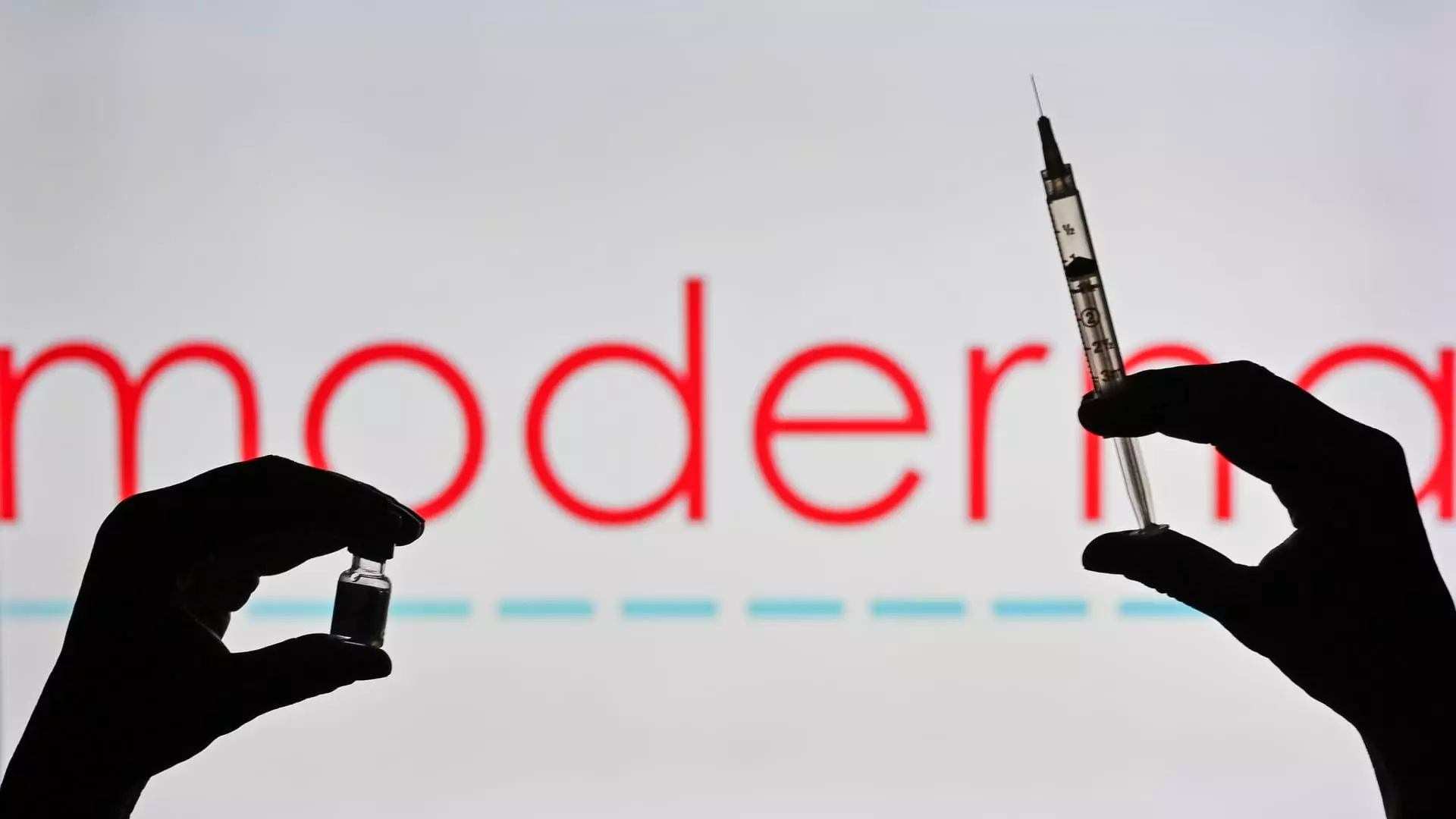Moderna and Merck revealed groundbreaking data on their experimental vaccine for patients with advanced melanoma, presented at the American Society of Clinical Oncology annual meeting in Chicago. The combination of the vaccine and Keytruda therapy exhibited significant improvements in survival rates and long-lasting efficacy, offering hope to patients with this deadly form of skin cancer.
The results showed that nearly 75% of patients who received the combination therapy were alive without any signs of cancer recurrence at the 2.5 year mark, compared to only 55.6% of patients who received Keytruda alone. This dramatic increase in survival was consistent across different patient subgroups, regardless of mutation levels or PD-L1 protein presence.
Overall Survival and Benefits
The overall survival rate for patients who received the vaccine in combination with Keytruda was an impressive 96% after 2.5 years, in contrast to 90.2% among those who received Keytruda alone. Moreover, patients who received the combination had a 49% lower risk of cancer relapse or death compared to those who only received Keytruda, showing the potential of the vaccine in preventing disease progression.
The combination therapy also significantly reduced the risk of melanoma spreading to other parts of the body or resulting in death by 62%. While the most common side effects of the vaccine were fatigue, injection site pain, and chills, the majority of these side effects were mild. Patients who received the combination did experience slightly higher immune-related side effects, underscoring the active immune response triggered by the vaccine.
Immunotherapy Advancements
Moderna’s vaccine, utilizing the same mRNA technology as their Covid vaccine, is tailored to each patient based on an analysis of their tumor post-surgery. The vaccine aims to activate the immune system to target and destroy specific cancer cell mutations. CEO Stephane Bancel expressed excitement about reducing the time between tumor analysis and vaccine administration, highlighting the company’s dedication to personalized medicine.
Merck’s Keytruda, already approved for treating melanoma and other cancers, is a crucial component of the combination therapy. The FDA granted breakthrough therapy designation for the cancer vaccine in February, expediting the development process. Moderna intends to seek accelerated approval from the FDA, recognizing the urgent need for effective treatments for serious conditions like melanoma.
Both Moderna and Merck are conducting phase three trials for the combination therapy to treat late-stage melanoma, with promising progress reported so far. Additionally, ongoing trials are exploring the vaccine’s efficacy in lung, skin, kidney, and bladder cancer patients. These studies reflect the companies’ commitment to advancing cancer treatment options and improving outcomes for patients.
The collaboration between Moderna and Merck has delivered groundbreaking results in the fight against advanced melanoma. The positive long-term data, improved survival rates, and reduced risk of disease progression all point towards a promising future for the cancer vaccine. With ongoing trials and accelerated approval processes in motion, the vaccine’s potential impact on cancer treatment is significant. As researchers continue to push the boundaries of immunotherapy, patients facing melanoma and other deadly cancers can look towards a more hopeful and effective future.

